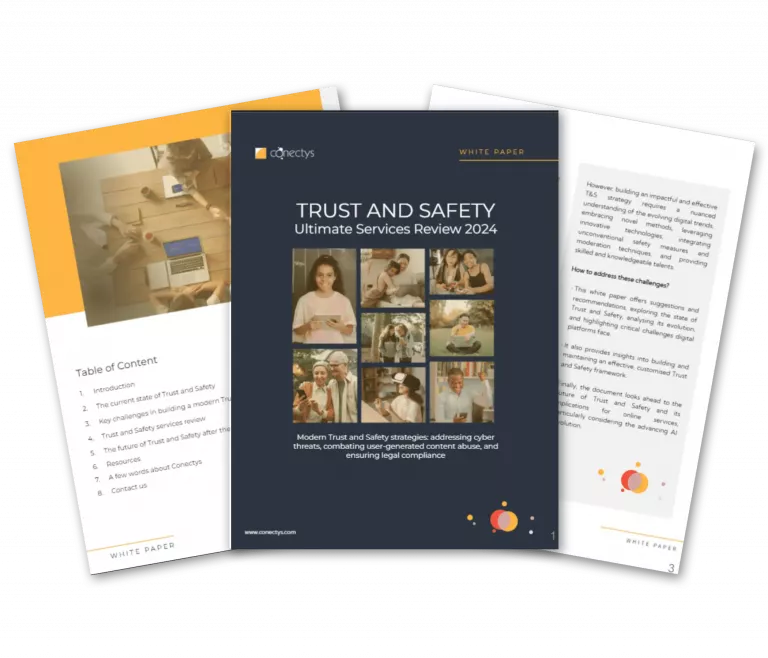What is interactive voice response (IVR)?
Interactive voice response (IVR) is a technology that enables companies to provide customers with self-service support through a computer-operated telephone system. This means callers contacting an organisation via phone, instead of reaching a human agent, are served automatically through pre-recorded voice instructions and more or less conversational voice messages. IVR is particularly valuable for businesses handling high call volumes daily, especially those addressing routine inquiries, essential technical support, payment processing, managing registrations, and delivering simple product or service information without speaking to a live operator.
How does interactive voice response technology work?
IVR automatically answers incoming calls, verbally guiding customers through the multilevel menu options. Callers can select their preferred path, for instance, manually on the phone’s keyboard or through the voice message, depending on the implemented technology. In the next step, interactive voice response routes the calls appropriately, enabling individuals to access preferred information based on their selection swiftly. However, its range is typically limited to the predefined options provided within the system. In some cases, IVR can also facilitate a direct call with the company representative.
Types of IVRs
There are many types of interactive voice response services:
- Users can navigate various scenarios concerning inbound calls, depending on the industry, customer base, company’s expectations, technological capability, integration needs, goals, specificity, and more.
- Companies can use basic IVRs to eliminate human support or provide both options while the agent is reachable for more complex issues.
- On the other hand, IVRs can vary in their ability to customise responses, while some can be limited only to touch-tone selection.
Benefits of IVRs
Interactive voice response is an example of technology that streamlines customer interactions while handling large call volumes very efficiently, cost-effectively and 24/7. Reducing workloads, IVR helps to eliminate bottlenecks like extended on-hold queues. This, in turn, helps minimise buyers’ frustration and dissatisfaction, impacting brand perception and loyalty. By automating certain aspects of incoming voice inquiries, IVR empowers companies to optimise resource allocation, directing human agents toward areas where their empathy and expertise are truly needed.
Additional information about interactive voice response
Various solutions can enhance interactive voice response, boosting adaptability and effectiveness in meeting diverse customer needs. These include voice recording capability, data collection, personalisation, voice recognition tools, or intelligent caller routing.
By incorporating AI elements like natural language processing (NLP), IVR can even provide callers with advanced dialogues, enriching the customer experience to a greater extent.
Furthermore, IVR’s capabilities expand when integrated with cloud-based solutions, offering scalability, global accessibility, and seamless collaboration with customer experience solutions such as CRM systems.


